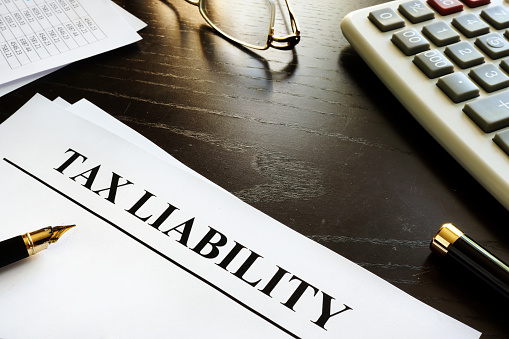 Let’s explore using an installment sale to evenly distribute tax liabilities stemming from a commercial real estate transaction. Do you own a property that has appreciated considerably and that you want to sell? Are you concerned about incurring a large capital gains tax liability or worse – ordinary income recapture? One option is to structure the sale as an installment sale. Here the buyer pays the cost of the property plus interest in regular installments, perhaps for 5 years, enabling the seller to reflect the gain for tax purposes over the entire payment period. Alas, the installment sales method can’t be used for the following:
Let’s explore using an installment sale to evenly distribute tax liabilities stemming from a commercial real estate transaction. Do you own a property that has appreciated considerably and that you want to sell? Are you concerned about incurring a large capital gains tax liability or worse – ordinary income recapture? One option is to structure the sale as an installment sale. Here the buyer pays the cost of the property plus interest in regular installments, perhaps for 5 years, enabling the seller to reflect the gain for tax purposes over the entire payment period. Alas, the installment sales method can’t be used for the following:
Download Printable Article (PDF)
• Sale of inventory. The regular sale of inventory of personal property doesn’t qualify as an installment sale even if you receive a payment after the year of sale.
• Dealer sales. Sales of personal property by a person who regularly sells or otherwise disposes of the same type of personal property on the installment plan aren’t installment sales. This rule also applies to real property held for sale to customers in the ordinary course of a trade or business.
• Stock or securities. You can’t use the installment method to report gain from the sale of stock or securities traded on an established securities market. You must report the entire gain on the sale in the year in which the trade date falls.
Items to note about installment sale transactions:
• Installment obligation. The buyer’s obligation to make future payments to you can be in the form of a deed
of trust, note, land contract, mortgage, or other evidence of the buyer’s debt to you.
• If a sale qualifies as an installment sale, the gain must be reported under the installment method unless you
elect out of using the installment method.
• Sale at a loss. If your sale results in a loss, you can’t use the installment method. If the loss is on an installment sale of business or investment property, you can deduct it only in the tax year of sale.
• Unstated interest. If your sale calls for payments in a later year and the sales contract provides for little or no interest, you may have to figure unstated interest, even if you have a loss.
Sellers who decide on this strategy are cautioned, however, that an installment sale carries more risk than an outright sale of the property. Here are some areas of concern this CPA believes the seller must review in depth with his/her seasoned attorney (and if you need one you can call us at Abo and Company or my buds at WCRE): Carefully assess the creditworthiness of the buyer and possibly obtain personal guarantees if the purchaser is a business; Evaluate the future income producing capability of the property to make sure it provides sufficient
cashflow to enable the buyer to make the payments; Use an interest rate competitive with current market rates so as not to squash the deal; and Obtain a significant enough down payment, perhaps at least 20%, to have a cushion if buyer default occurs, and to cover the expenses if foreclosure becomes necessary. Business property transactions are often complex, and the services of knowledgeable professionals can be vital in developing strategies that make it possible to bring a contemplated transaction to a successful conclusion.
FOR MORE INFORMATION:
Martin H. Abo, CPA/ABV/CVA/CFF is a principle of Abo and Company, LLC and its affiliate, Abo Cipolla Financial Forensics, LLC, Certified Public Accountants – Litigation and Forensic Accountants. With offices in Mount Laurel, NJ and Morrisville, PA, tips like the above can also be accessed by going to the firm’s website at www.aboandcompany.com.



